Augmented reality gaming startup Tilt Five is ready to reinvent old school Dungeons & Dragons-style games for the modern age with its augmented reality headset and tabletop game system.
The company showed off the gaming headset, along with the wand controller and game mat that complete the system, at tabletop gaming convention Gen Con 2019 in Indianapolis last week. During the conference, Jeri Ellsworth, the co-founder and CEO of Tilt Five, also disclosed that the company is planning to launch a crowdfunding campaign in September, with the first products shipping in December and a wider rollout of the product over the first two quarters of 2020.
Ellsworth declined to reveal a price for the headset, but she estimates that it will be cheaper than standalone VR headsets currently on the market. For comparison's sake, Oculus Go retails for $199 and the Oculus Quest sells for $399.
Currently, the company is working with third-party developers to create content for the headset, but Ellsworth is still looking to draw new developer interest. To that end, she recently explained some of the benefits the gaming system offers developers and gamers during a video interview, with the classic tabletop role-playing game Dungeons & Dragons serving as general context.
For example, Tilt Five is capable of displaying variable content based on player roles, with a dungeon master seeing the full board and members of the questing party only exposed to content relevant to them at that moment. In addition, physical game pieces are capable of anchoring 3D virtual content into the game space that players can interact with. Moreover, the system supports remote play.
"I can't get my friends to come over and play with me all the time. It's hard to coordinate getting four or five people over," said Ellsworth, in the video. "What I like is that I can just call them up and say, 'Hey, fire up the system, let's go,' or, if I want to try a new game and none of my friends want to play it, go into a lobby and find a stranger to play with and just do a pick-up game just like that and play with someone remotely."
The gaming system uses far-eye projection technology, which projects light onto a reflective surface, such as the game mat, which then beams 3D content back to the user's eye. Conversely, headsets like HoloLens 2 and Magic Leap One use near-eye projection, where light is reflected off displays mounted in front of the user's eyes. Given the physical requirements, the technology lends itself to an immersive tabletop gaming experience.
Tilt Five is Ellsworth's second shot at getting a far-eye projection AR headset onto the market. Ellsworth invented the technology behind Tilt Five during her time at Valve and continued development via her previous company, castAR. After closing a $15 million Series A round of funding and surpassing its goal in its Kickstarter campaign, the company folded under financial troubles. However, Ellsworth and her partners managed to buy back castAR's assets and reorganize as Tilt Five.
In addition to preparing its new Kickstarter campaign, Tilt Five has been aggressively promoting its product via social media. For instance, the company ran a contest to name the technical "brains" inside the headset, with the winning name being Augmented Reality Computational Hyper Integration Engine (ARCHIE). Overall, the company has been an open book regarding its technology, taking the opportunity to show off not only ARCHIE but also the HD projectors that beam content into the physical world and close-up images of the headset itself.
In terms of immersive gaming, VR headsets are ahead of AR headsets at the moment, with clips from games like Beat Saber often serving as social media fodder. Therefore, the deck might be stacked against Tilt Five in the highly competitive immersive gaming landscape. But, with lessons learned from castAR's demise, and its promotional machine in high gear, Tilt Five seems to have momentum on its side as it counts down to its launch.
Cover image via Tilt Five/Twitter

















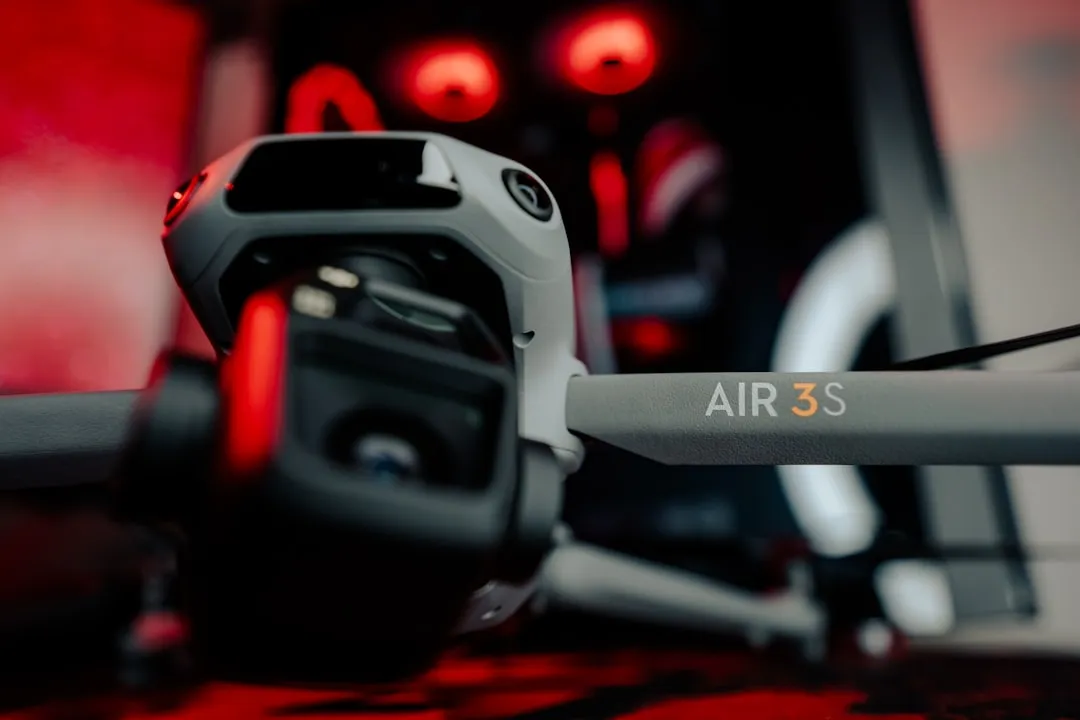

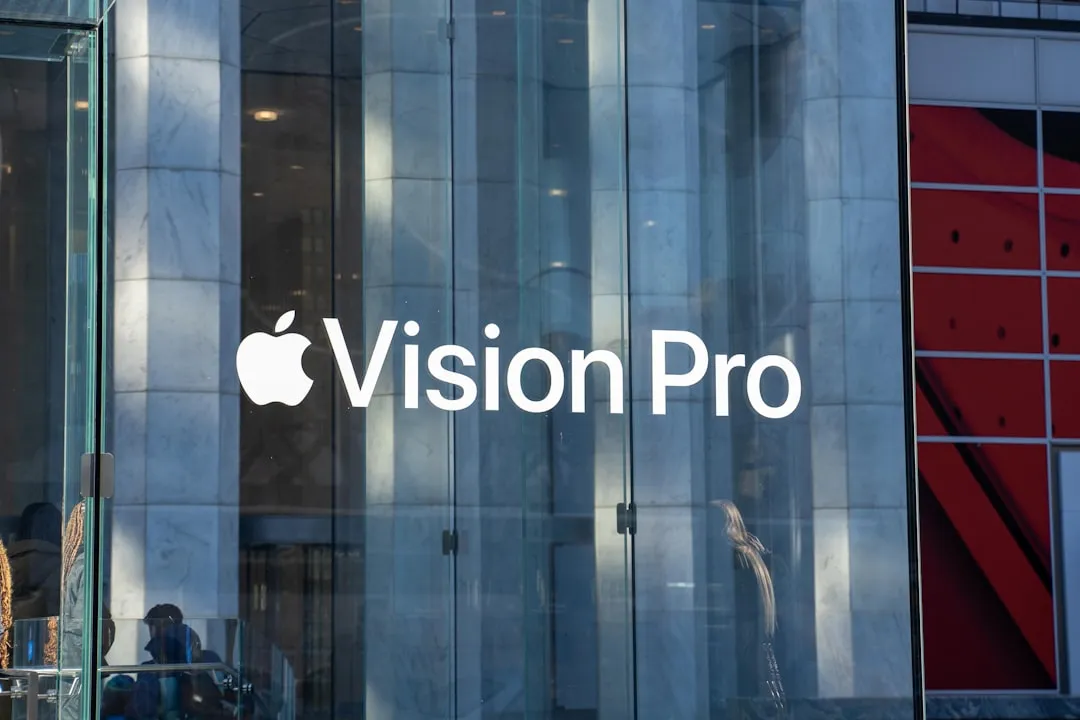
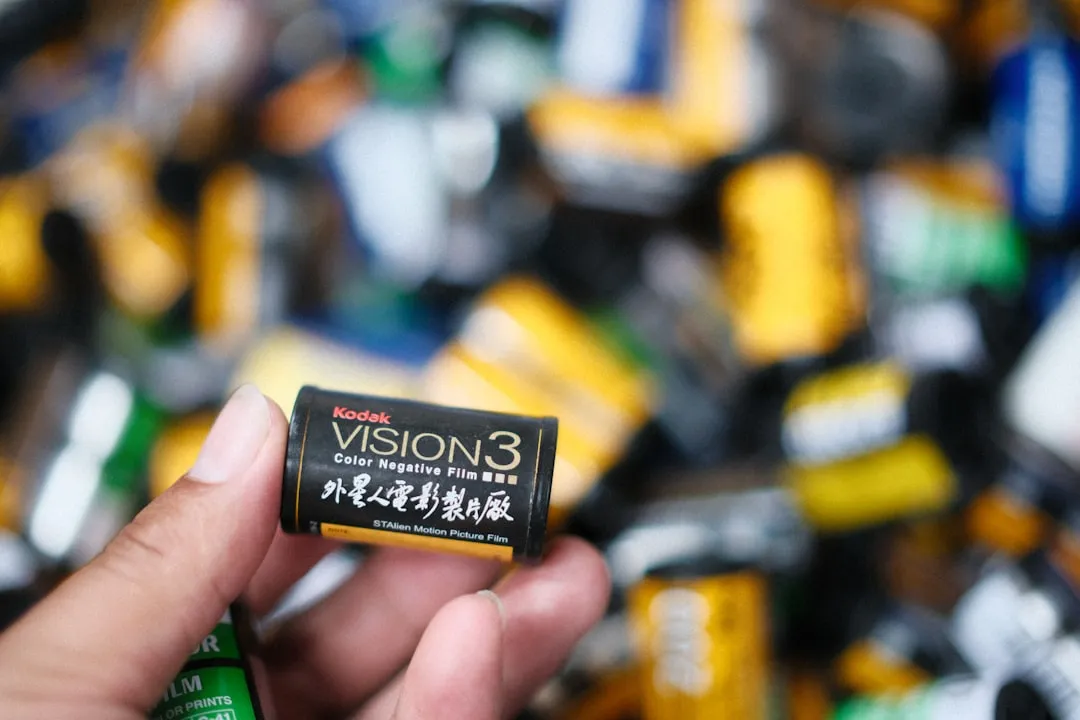
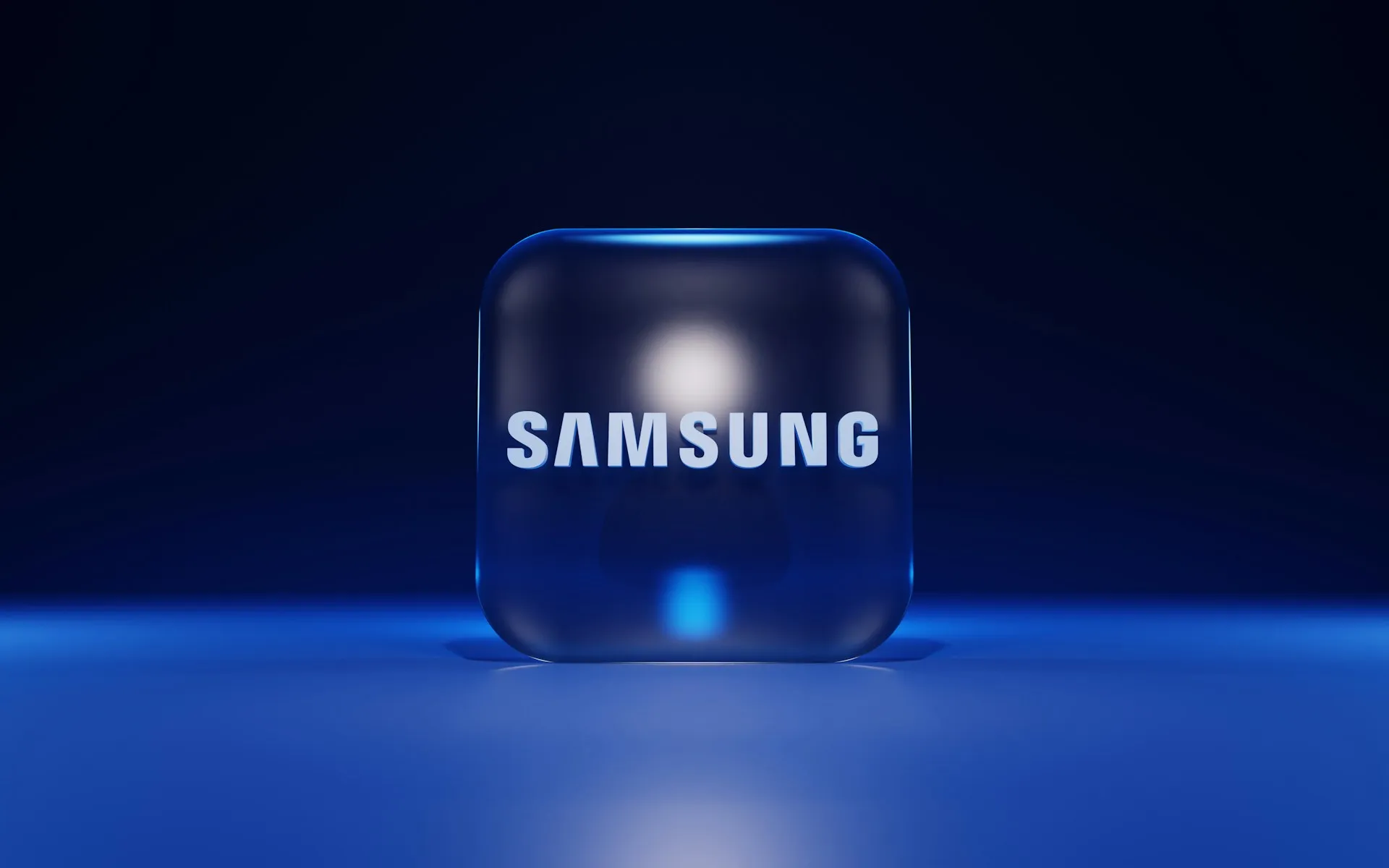

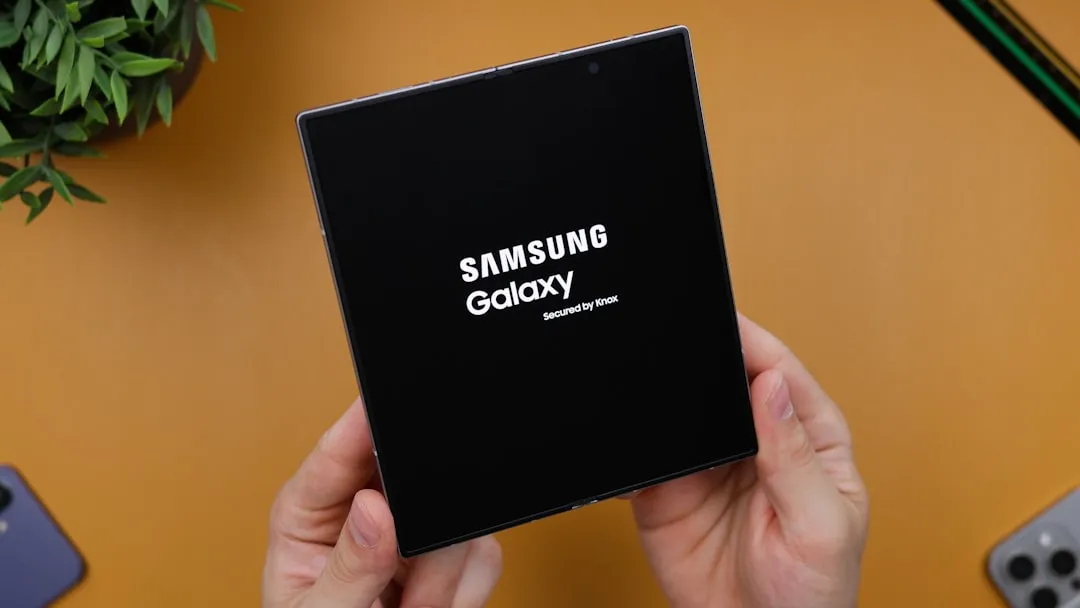

Comments
Be the first, drop a comment!